Under the Trump administration’s 2025 policies, U.S. universities are experiencing significant reductions in federal funding. Prestigious institutions like Harvard, Columbia, and Stanford have faced billions in cuts.
Columbia, for instance, agreed to a $221 million settlement, overhauling Middle Eastern studies programs and suspending some student activities in exchange for the restoration of federal research grants. These cuts have prompted universities to restructure, with some facing investigations and losing major grants.
Reversal of Diversity and Inclusion Initiatives
The Trump administration has aggressively challenged diversity, equity, and inclusion (DEI) programs. Federal investigations into alleged antisemitic discrimination led to the cancellation of grants supporting Hispanic-Serving Institutions (HSIs).
A lawsuit against such programs, backed by the Department of Justice, argued that racial classifications violate the Fifth Amendment. This move, paired with the Supreme Court’s 2023 decision against race-conscious admissions, threatens DEI initiatives and has caused widespread fear of repercussions within universities.
Impact on International Students and Global Competitiveness
International student enrollment has sharply declined due to visa restrictions and increased scrutiny under the new policies. Between 2016-2020, U.S. colleges saw 50,000 fewer international students, a loss that also impacts university revenue.
Additionally, the administration’s actions have raised concerns about U.S. academic rankings. Chinese universities, like Tsinghua University, have risen in global rankings, while U.S. policies risk creating a “brain drain” and diminishing the U.S.’s status as a top destination for global talent.
Chilling Effects on Academic Freedom and Research
Academic freedom is facing significant challenges as faculty members fear retaliation for research and public discourse. The NIH and NSF have made substantial cuts to research funding, leading to layoffs and reductions in job opportunities.
These changes have disrupted programs in critical areas such as climate change, vaccines, and LGBTQ studies. The removal of related webpages and datasets has further hindered innovation and academic inquiry, stifling research across many disciplines.
Future Outlook
The policies of the Trump administration are shaping a future where U.S. higher education is more closely aligned with federal priorities. With federal funding cuts, the rollback of diversity initiatives, and challenges to international student programs, universities are facing a transformed landscape.
Institutions will need to adapt by exploring alternative funding sources, reassessing their diversity strategies, and strengthening global engagement to maintain their position as leaders in academic and scientific progress.
The Trump administration’s policies are ushering in a new era for U.S. higher education, marked by increased federal control, reduced diversity initiatives, and challenges to academic freedom.
The long-term implications of these changes will reshape the financial, cultural, and intellectual landscape of U.S. universities, affecting their ability to innovate, educate, and attract global talent in the years ahead.

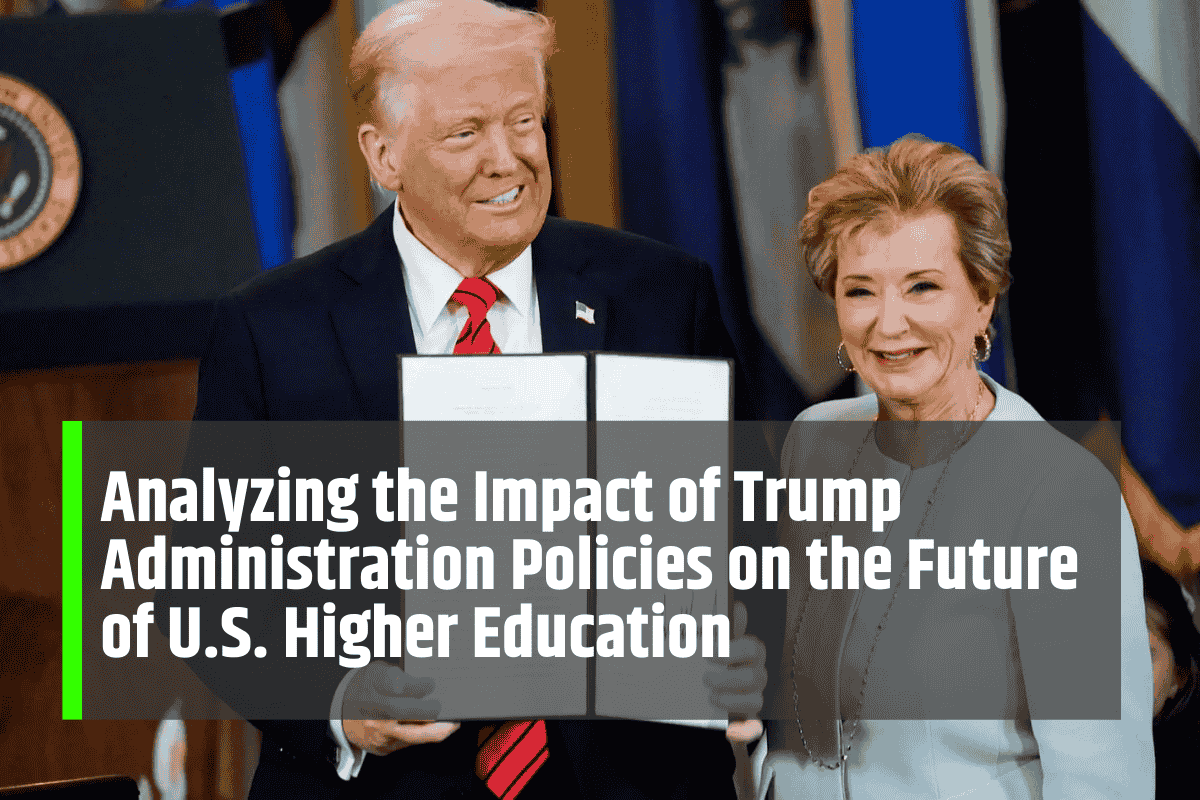
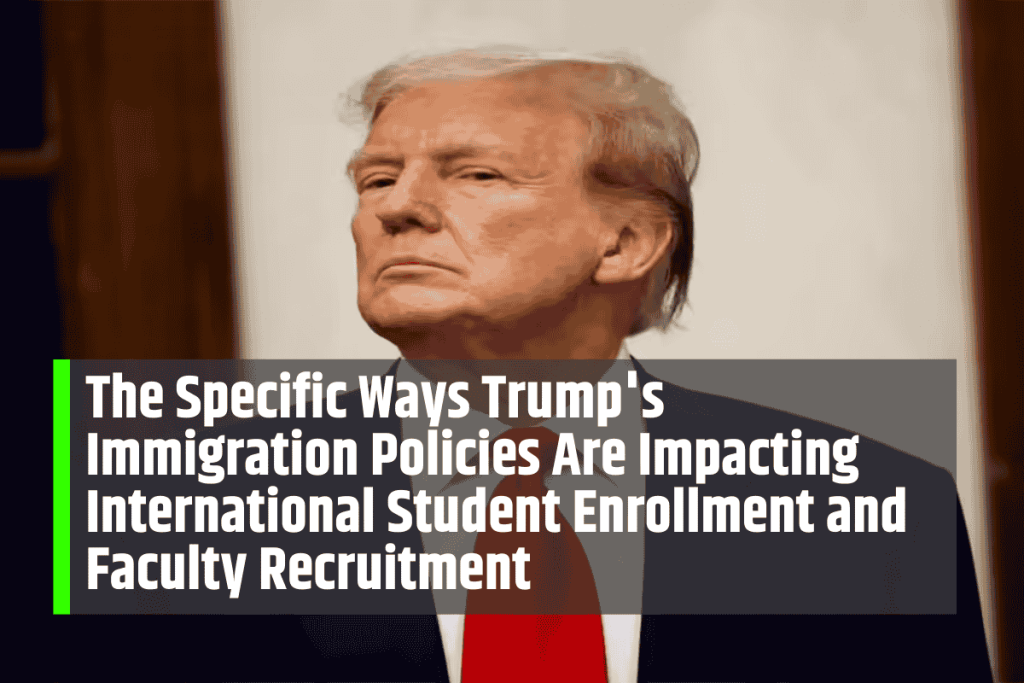

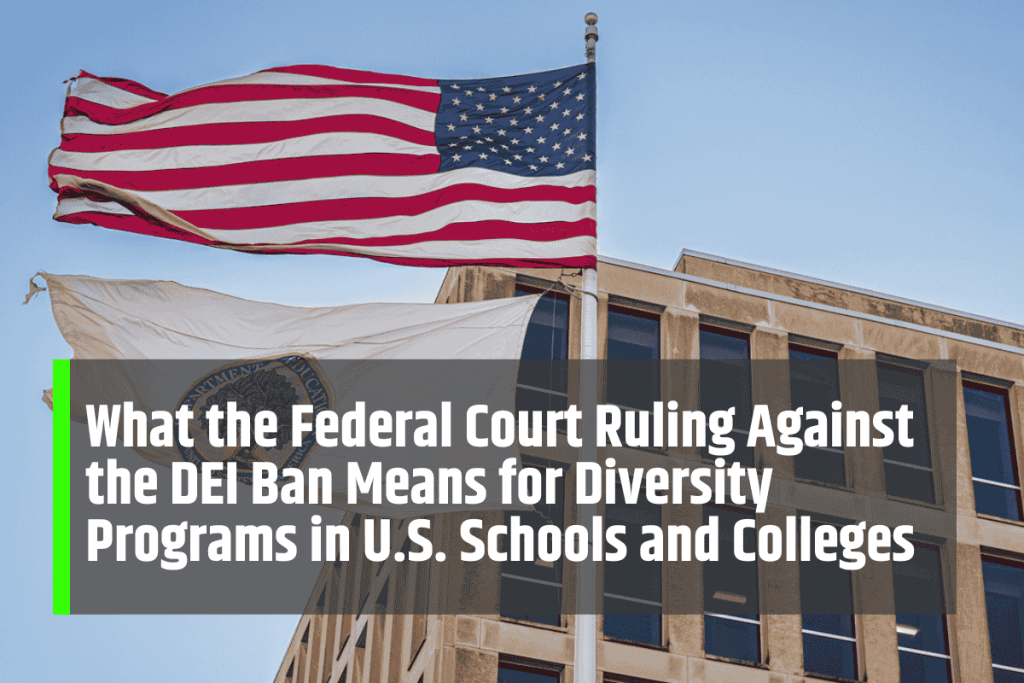
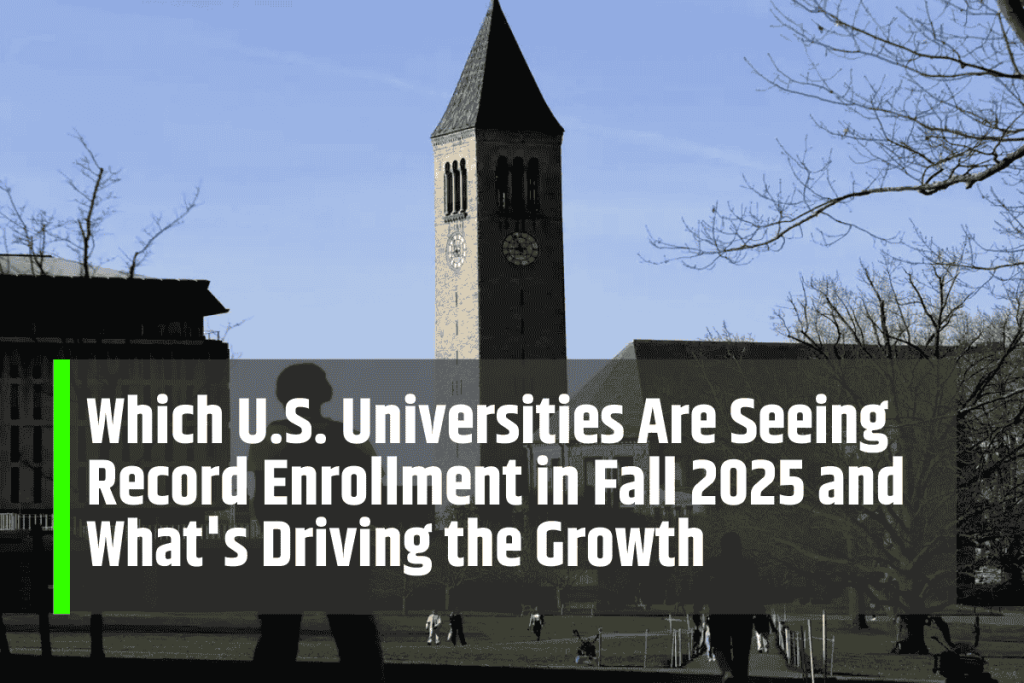
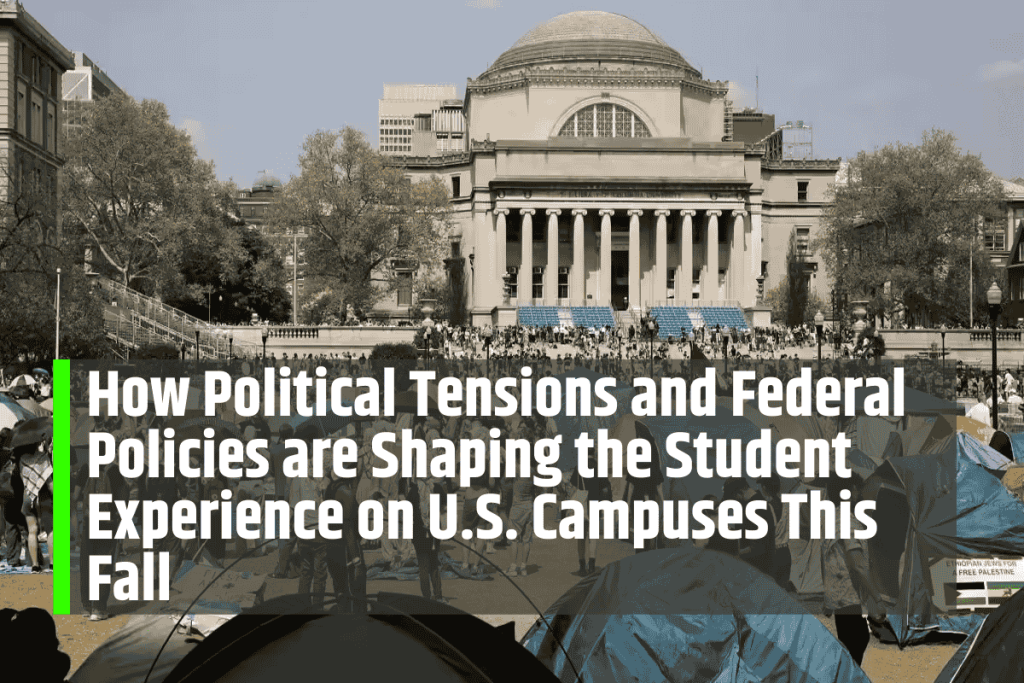
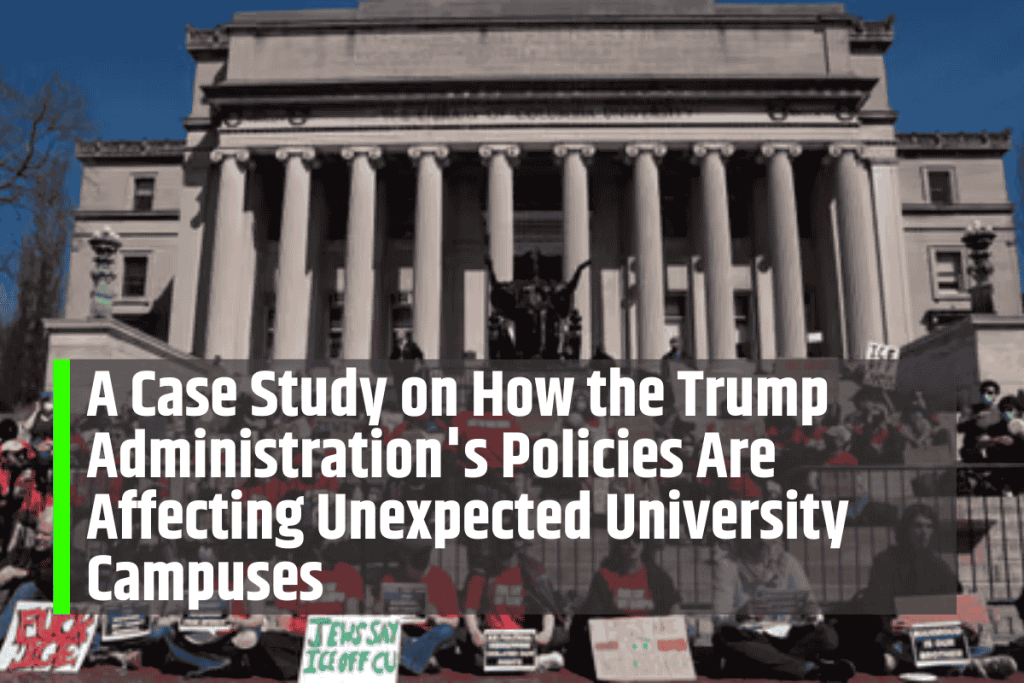
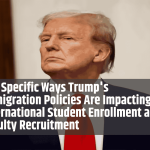


Leave a Comment